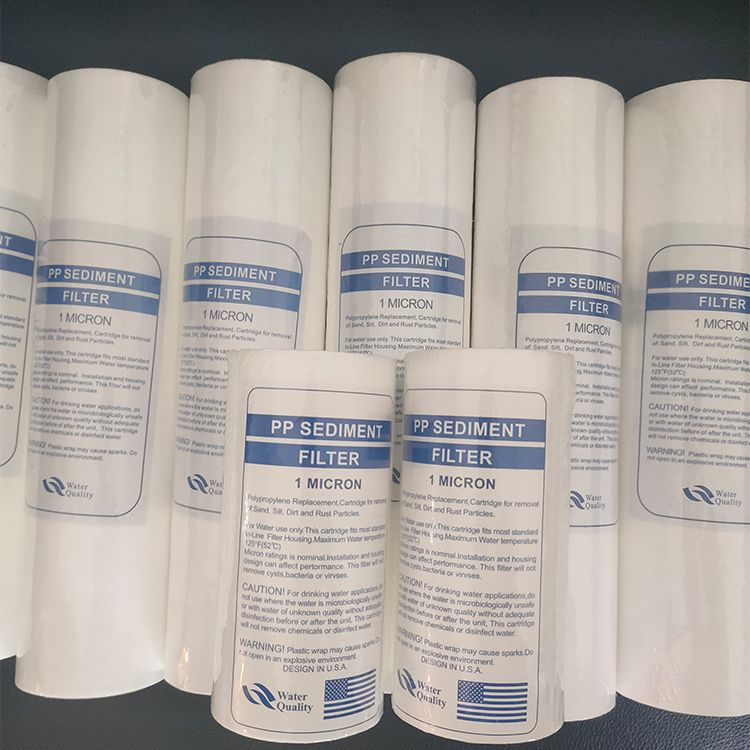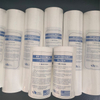1. Improve cooling effect:
By effectively removing impurities from the coolant, the chiller filter can improve the cooling effect and ensure that the laser equipment operates at the optimal temperature, thereby improving work efficiency.
2. Extend the service life of the equipment:
Regularly replacing the filter and keeping the coolant clean can prevent impurities from damaging the laser equipment, such as clogging the cooling pipe or corrosion of internal components, thereby extending the service life of the equipment.
3. Ensure stable operation:
Clean coolant can ensure the stable operation of the laser equipment, reduce the failure rate, reduce performance problems caused by overheating, and ensure the high quality and consistency of laser processing.
4. Improve production efficiency:
When the cooling effect is guaranteed, the laser equipment can work continuously for a long time, improve production efficiency, reduce downtime and maintenance costs.




























